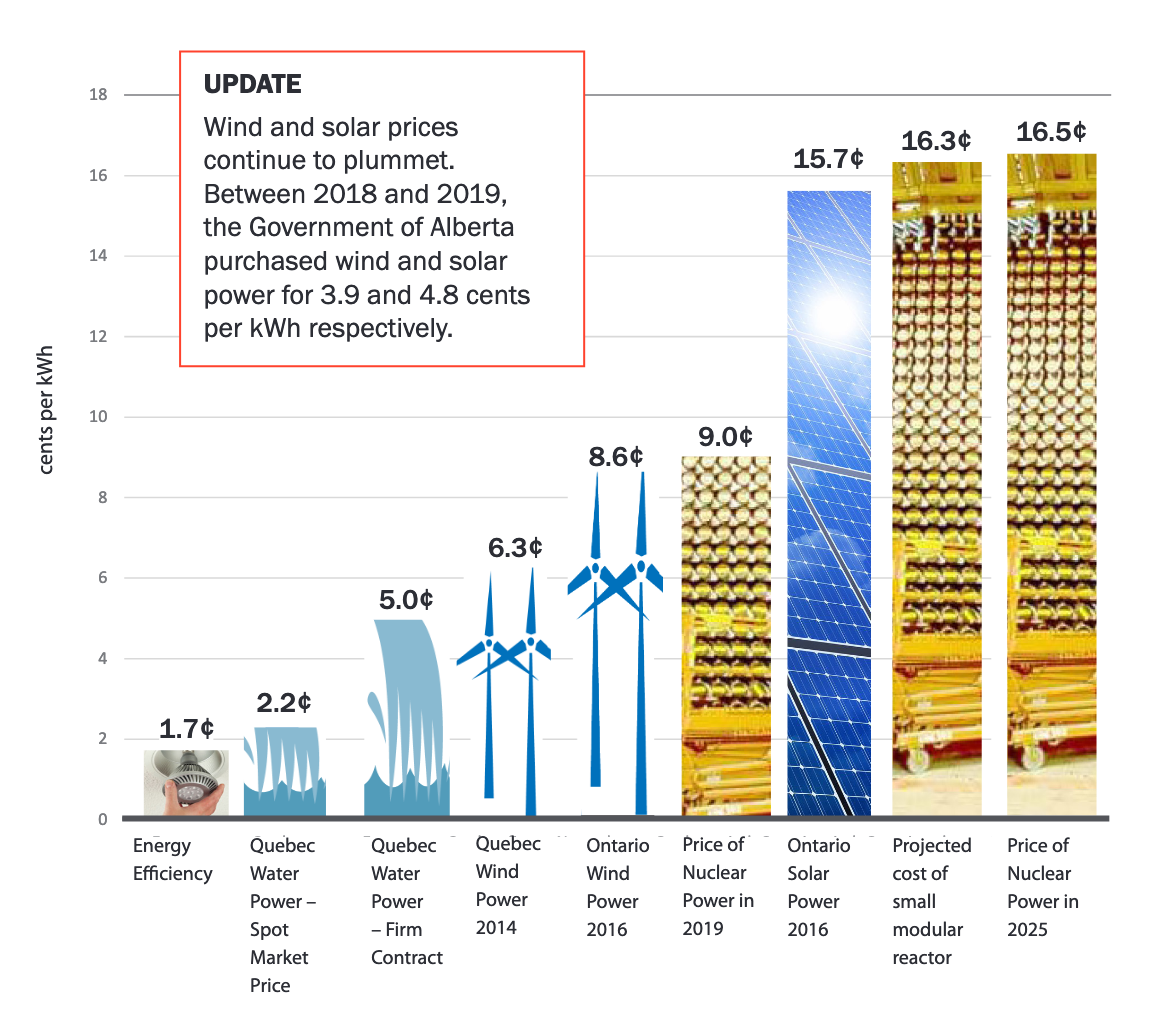The City of Toronto is taking its complaint about the Ford government cutting the size of city council to the Supreme Court.
The city announced Friday that it has filed an application with the country's highest court to seek leave to appeal the province's decision to slash the size of council.
The city said in a news release that it is now awaiting the Supreme Court of Canada's decision on whether or not it will hear the appeal.
This move marks the final legal option for the city, after the provincial Court of Appeal decided in September that Premier Doug Ford's government had the "legitimate authority" to make mid-election council cuts.
Back in June, the province and the city of Toronto, as well as several candidates who hoped to run in last fall's election, faced off for a third time in court over Ford's surprise move to slash the number of council seats — causing what city officials called "unprecedented disruption."
Ford has defended his move to shift from a 47-ward system to 25 seats aligned with provincial ridings as necessary to fix a "bloated and inefficient" council.
In the 3-2 decision, the court of appeal judges said none of the city's arguments could "succeed," noting it was framed as an issue about protecting freedom of expression in an election when, in reality, the complaint was about the timing of the province's decision.
Changing the composition of a city council is "undeniably within the legitimate authority of the legislature," the decision read, since it's a "creature of provincial legislation."
https://www.cbc.ca/news/canada/toronto/toronto-council-cut-court-battle-...



/https://www.thestar.com/content/dam/thestar/news/queenspark/2014/12/09/publicprivate_financing_cost_ontario_taxpayers_8_billion_auditor_says/bonnie_lysyk.jpg)









